Where Do The Names Of The Planets And Their Moons Come From?
We all know that the names of the planets were taken from the mythological characters, but we have little or no idea of who they are or why these planets were named after them. In this list, we put together the planets and some of their moons and tried to find where they got their names from.
Some facts first: until the telescope was found, Romans named the five main planets (Mercury, Venus, Mars, Jupiter and Saturn) after their gods. It was later found that planet Neptune was also named after a Roman god. Uranus and Earth are the only planets that weren't.
1. Mercury got its name from the Roman God, Mercury.
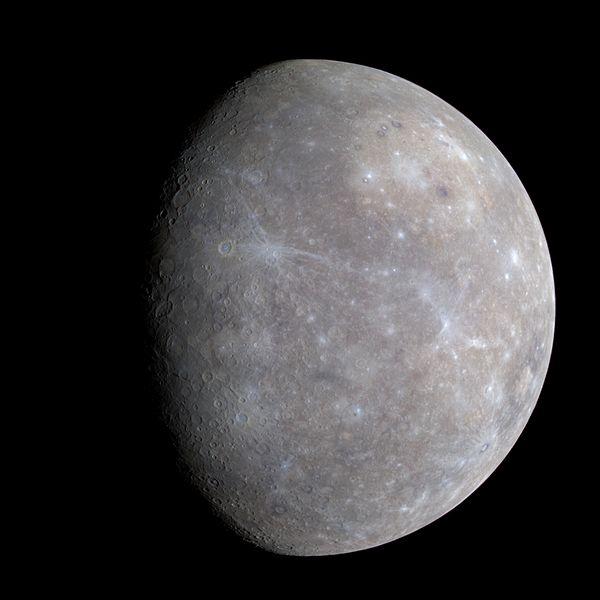
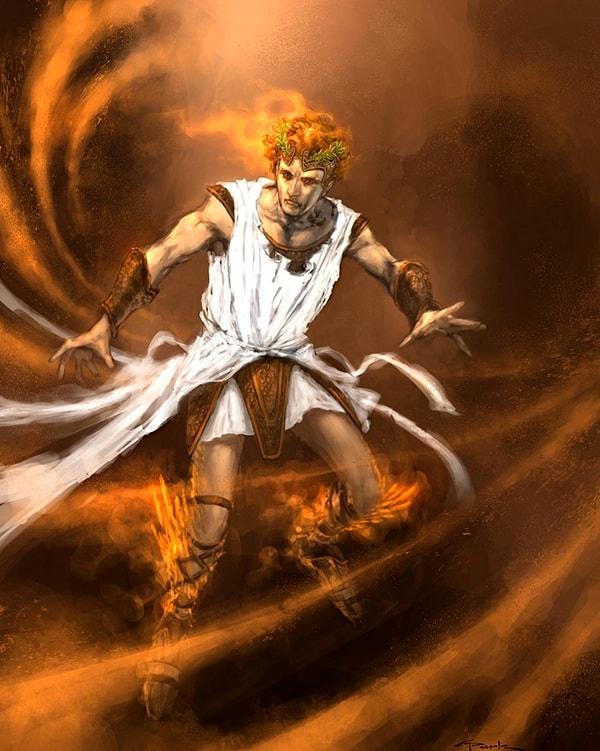
Mercury was the messenger of the gods; he was the fastest, moving like lightning with his winged sandals. (FTD florists use his shoes as their symbol because they deliver quickly!) There was an object in the night sky that seemed to cover more distance than other moving objects; therefore, it was given the name “Mercury” after the swift-moving messenger of the gods.
2. Venus, the brightest planet in the sky, was named for the Roman goddess of love and beauty.
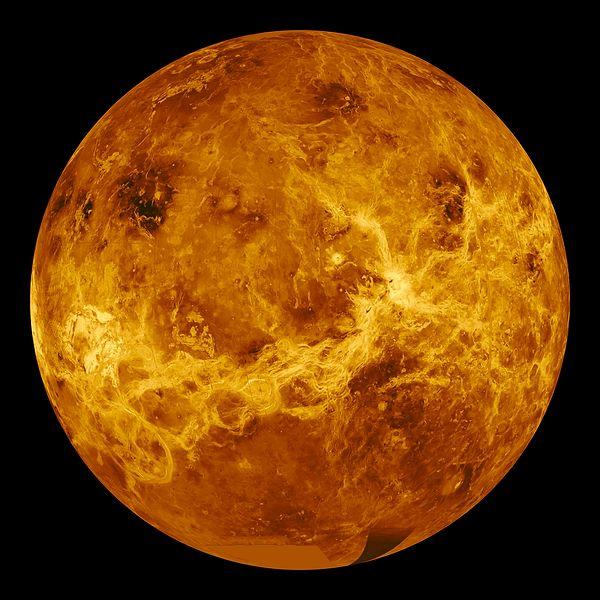
Venus derived its name from the Romans who religiously followed the Greek tradition. Venus is the Roman version of the Greek goddess, Aphrodite. The Roman and Greek goddess of love, beauty and fertility is Venus and therefore, the planet was named after her.

3. The planet Mars is named after the Roman god of war.
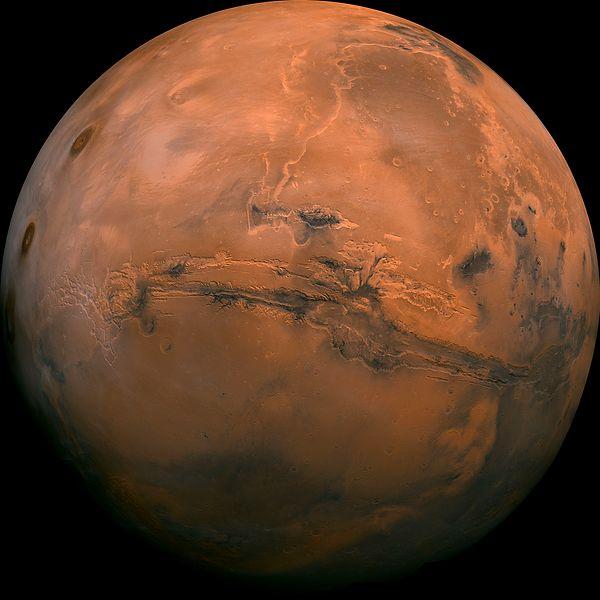
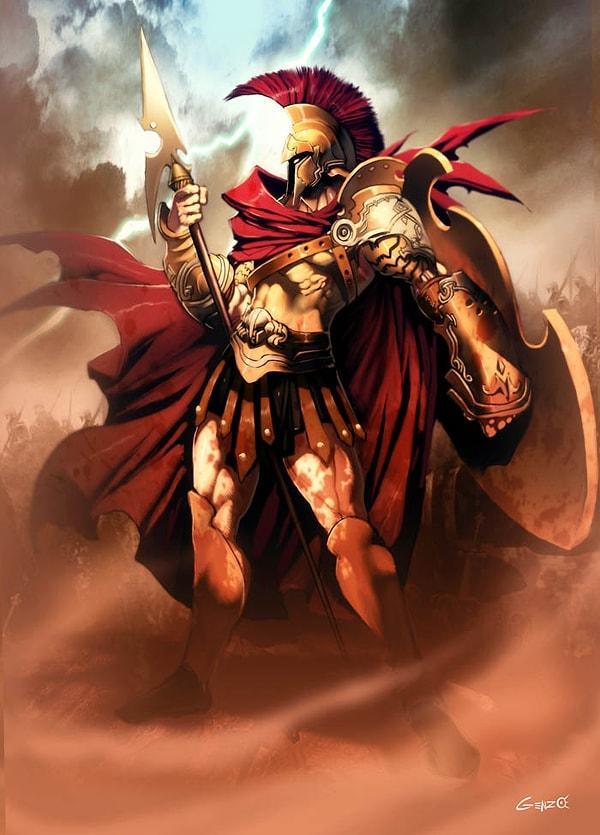
According to Roman myth, Mars rode on a chariot pulled by two horses named Phobos and Deimos (meaning fear and panic). The two small moons of Mars are named after these two mythical horses.
4. Uranus was named after the Greek god of the sky. According to the myth, he was the father of Saturn and the grandfather of Jupiter.
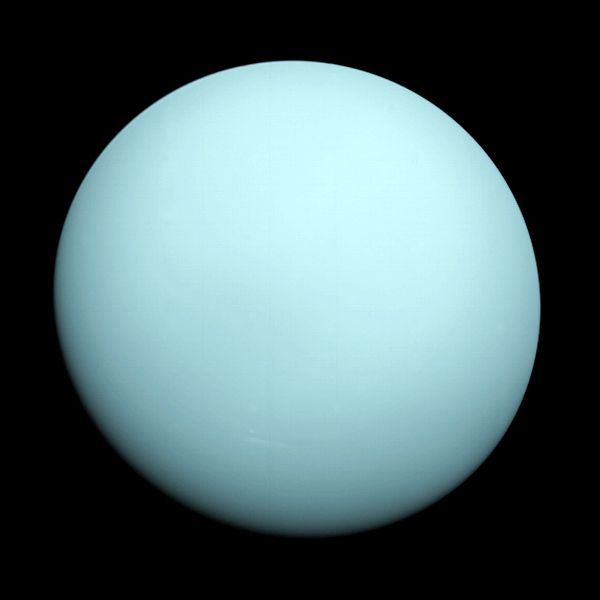
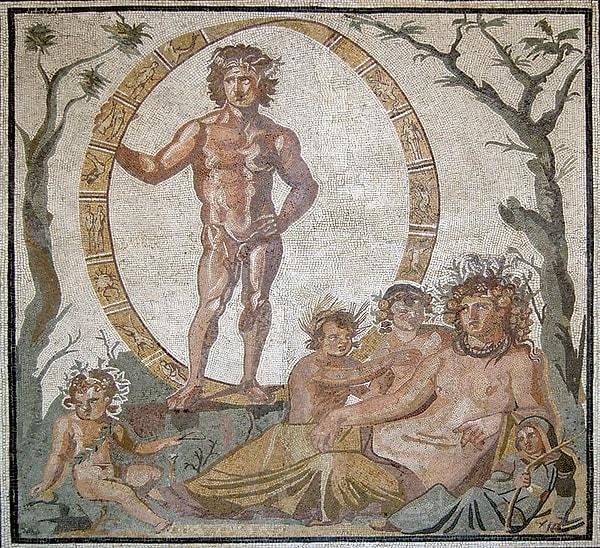
Uranus is one of the oldest known gods and is known as the god of heaven. He's the father of all Greek gods and has cosmic powers.
5. Neptune cannot be seen with the naked eye, but with a moderate telescope, it appears as a green dot.
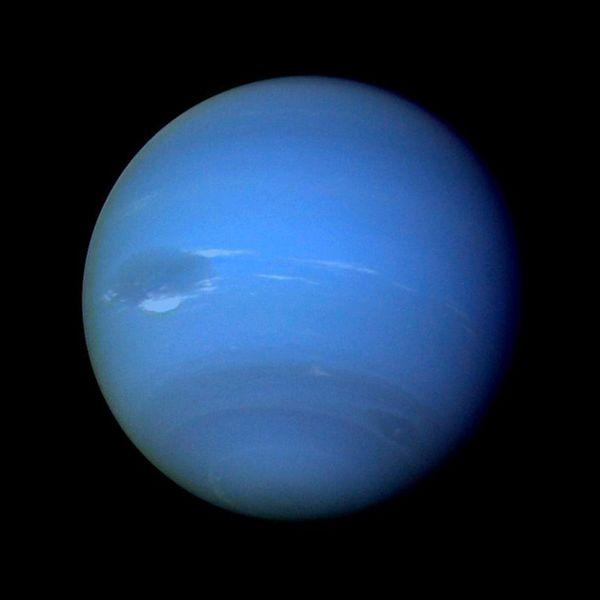
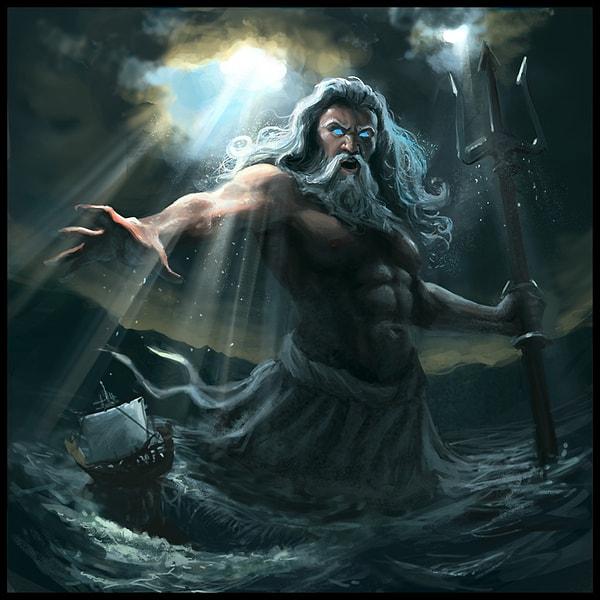
Green, like the sea. That’s why it was named after the god of the sea, Neptune. You know, the Little Mermaid’s grandfather?
6. Pluto was named for the god of the underworld

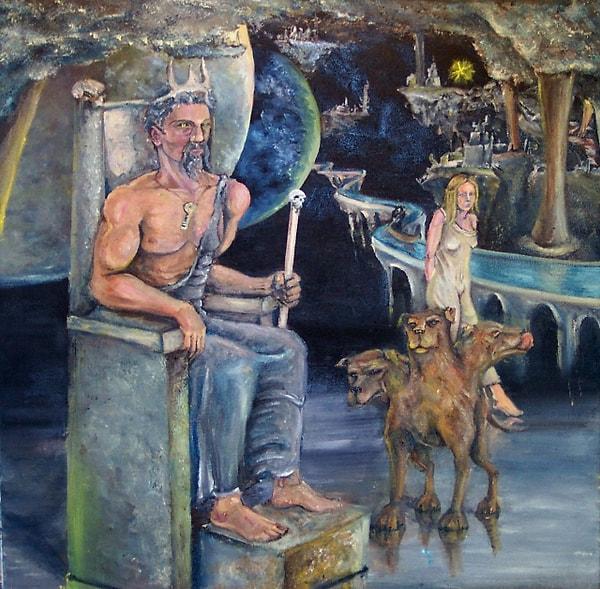
Called 'Hades' in Greek.
7. Pluto's moon is named 'Charon' after the ferryman of the Underworld.
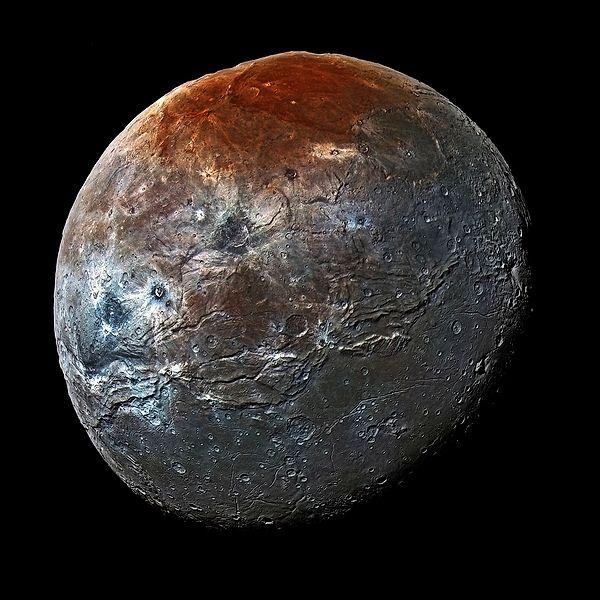
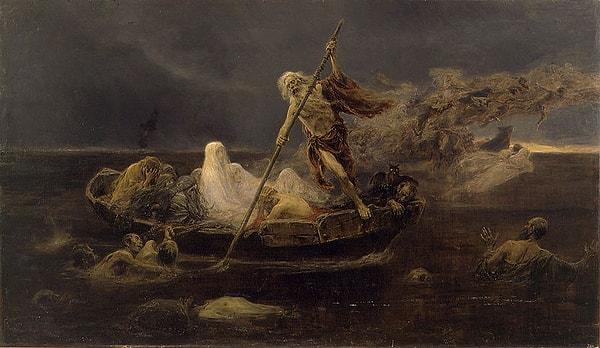
According to the Roman myth, when someone died, they traveled down to the Underworld. First, they had to cross the River of the Dead, called the river Styx. Everyone was buried with a coin, to pay the ferryman, Charon, who would carry the dead across the river Styx in his boat.
8. Saturn was named after the Roman god of agriculture.
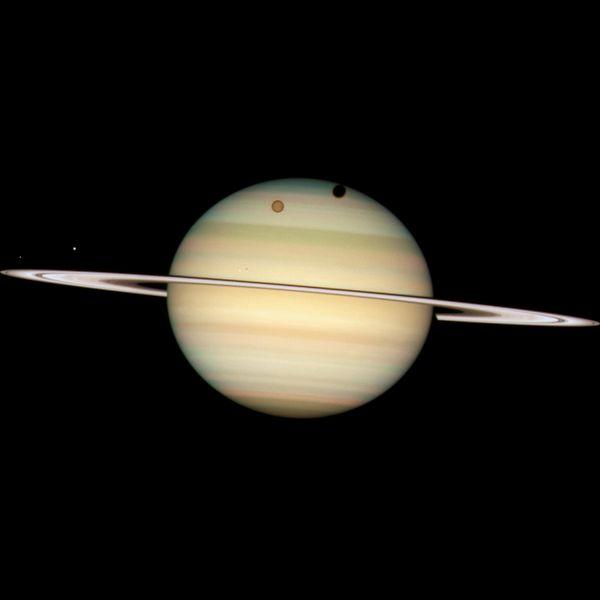
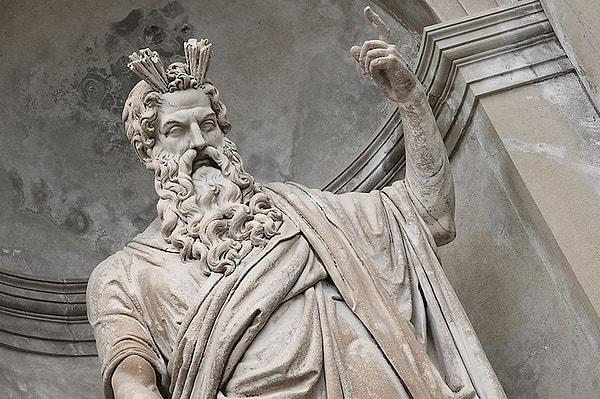
According to the myth, Saturn introduced agriculture to his people by teaching them how to farm the land. Saturn was also the Roman god of time and this is perhaps why the slowest (in orbit around the Sun) of the five bright planets was named after him. In Roman mythology, Saturn was the father of Jupiter.
9. Saturn's moon 'Tethys' gets its name from the women of the oceans from Greek mythology.
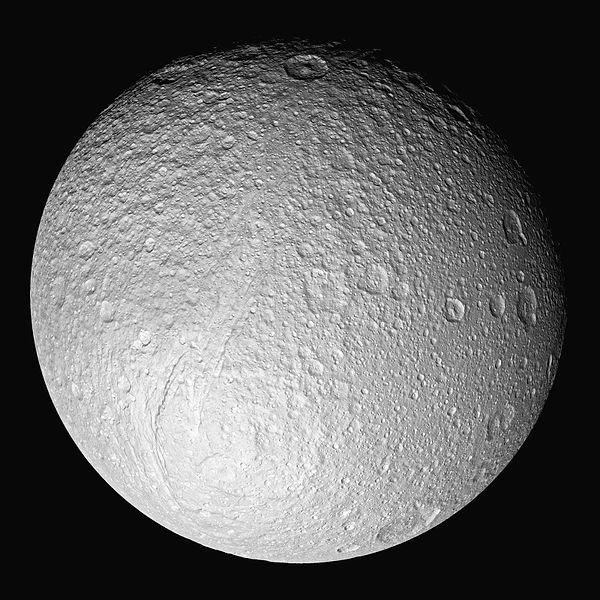
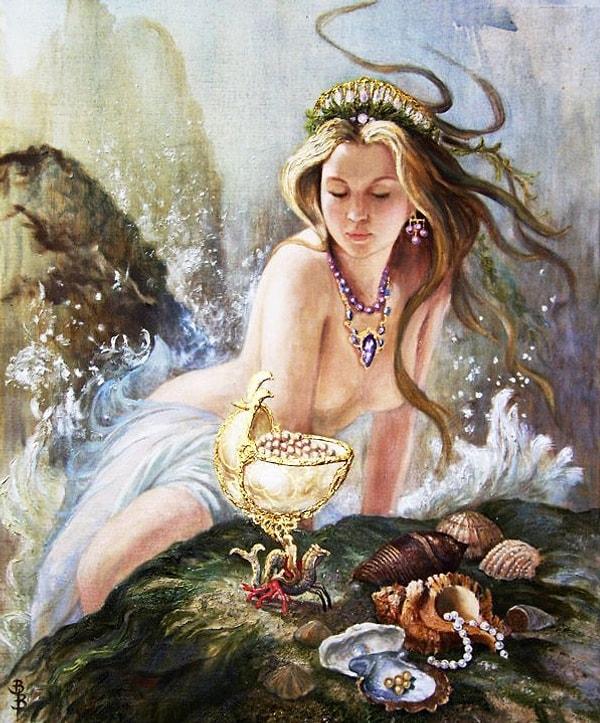
In Greek mythology, Tethys was a Titan daughter of Uranus and Gaia, and the wife of her brother the Titan-god Oceanus, and the mother by him of the river gods and the Oceanids.
10. Saturn's moon 'Calypso' gets its name from the mysterious goddesss
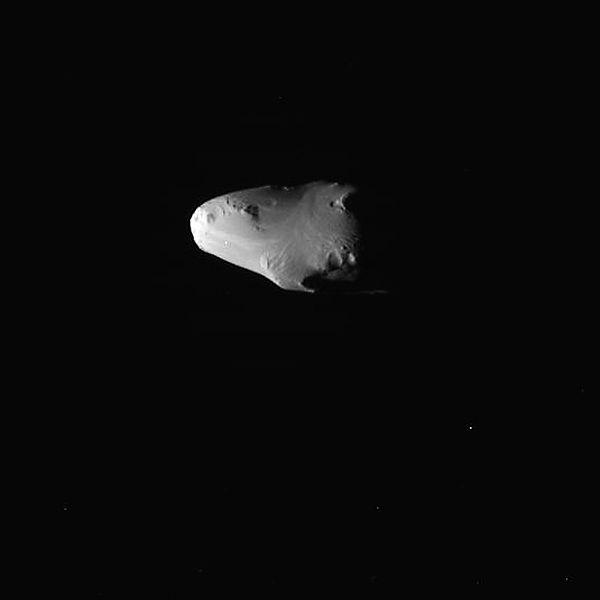
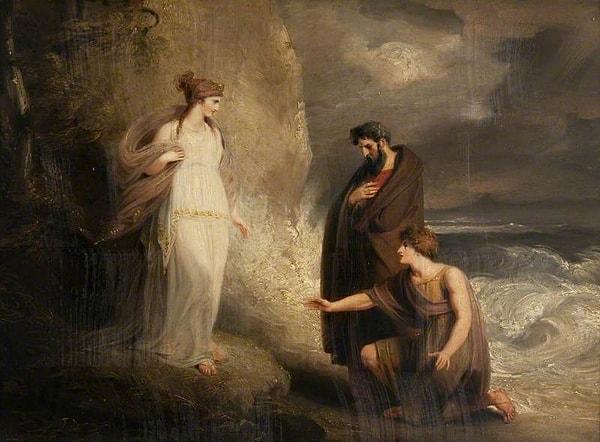
Calypso is a sea nymph who took a liking to Odysseus on his way home to Icatha. She kept him on her little island for 7 years before Zeus forced her to release him.
11. Saturn's moon Dione, according to certain traditions, is the goddess or Titaness Dione, who became the mother of Aphrodite by Zeus. Actually, her name is a feminine form of Zeus (dios).
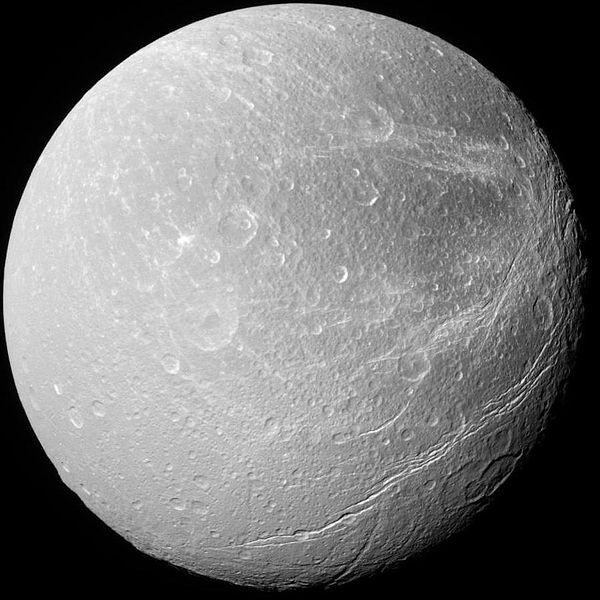

12. Saturn's moon Helene is an Amazon warrior who was fated to meet Achilles in battle.
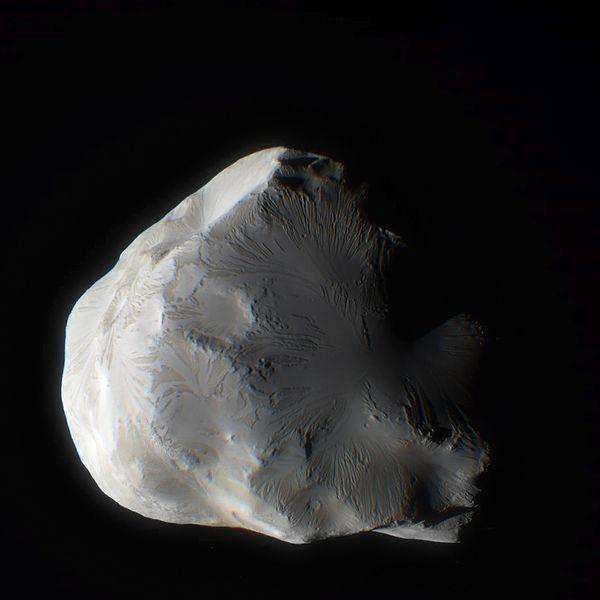
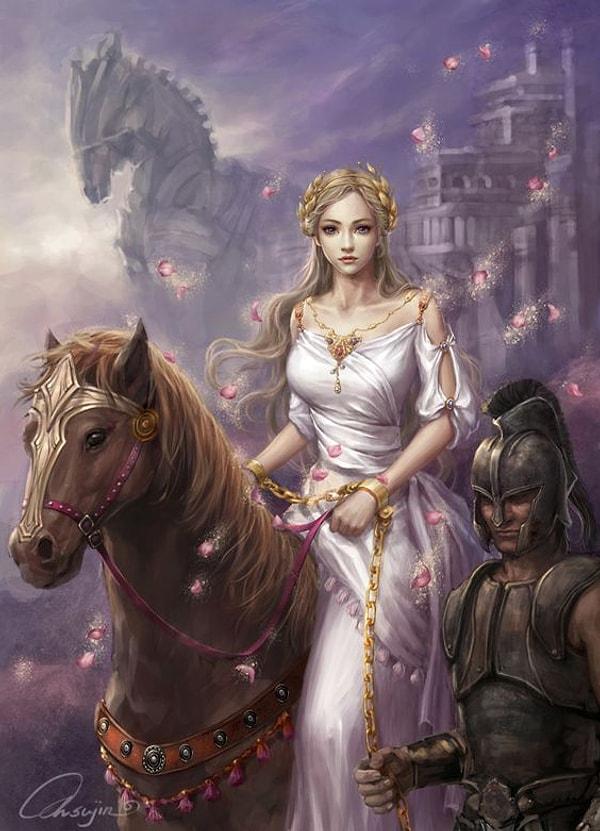
After she wounded him, he plunged a sword into her breast and fell in love with her at the same time.
13. Saturn's moon Titan is the child of Gaea and Uranus. Titans were the masters of the earth before the pantheon gods were born.
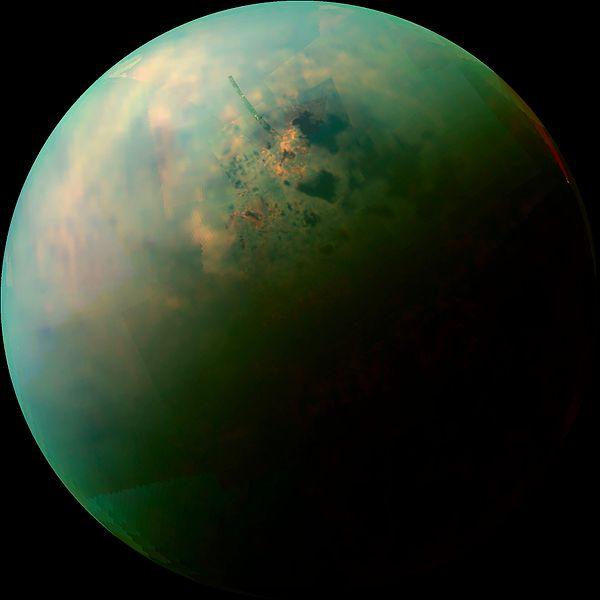

Chronos was a Titan, and his son Zeus defeated him and his siblings with the help of his own siblings, thus becoming the king of the gods.
14. Saturn's moon Phoebe is a Titaness

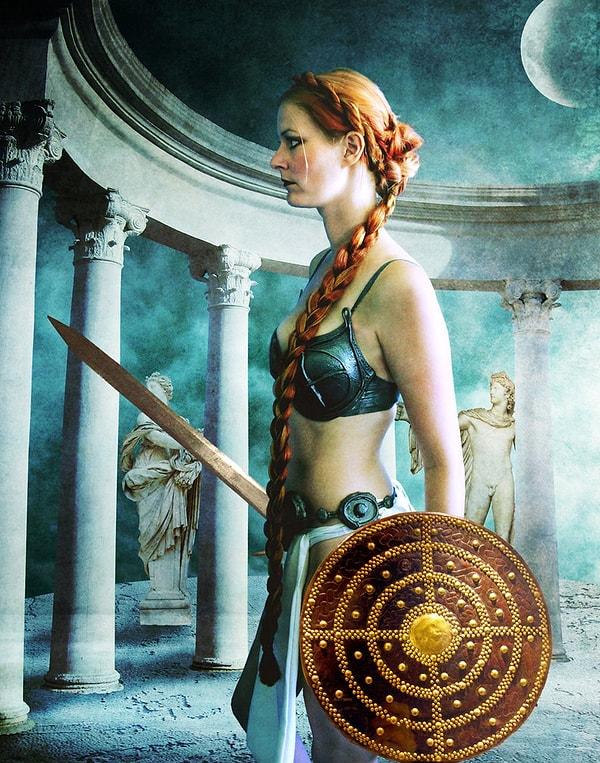
Phoebe is a Titaness who became the mother of Leto (mother of the divine twins Artemis and Apollo, both of whom took on the appellation at times: Artemis Phoebe and Apollo Pheobus)
15. Saturn's moon Hyperion is a Titan who sired Helios (sun), Selene (moon), and Eos (dawn)
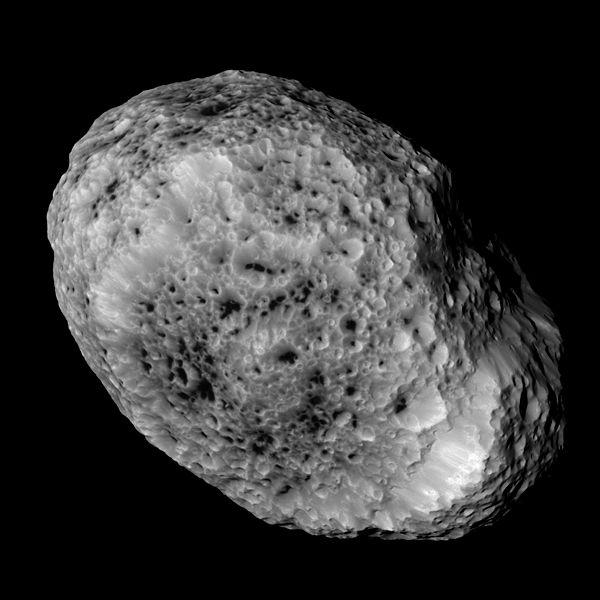

16. Jupiter is the Roman name for Zeus, king of the gods. He was quite a player. Most of its many, many moons were names after his lovers.

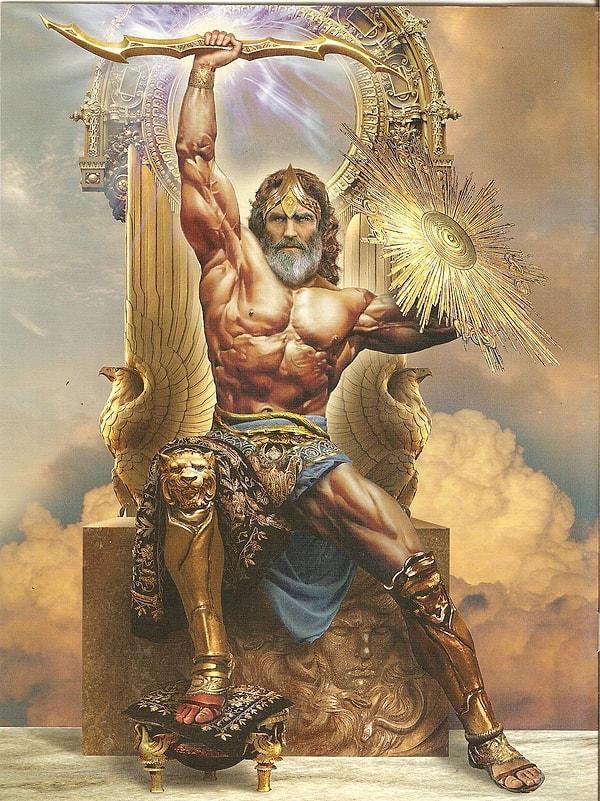
In the Roman pantheon, Jupiter began as the sky god and was concerned mainly with wine festivals and associated with the sacred oak of the Capitol. Eventually, he was attributed the spoils of war and became a god of war. It was believed that he caused the armies to stand strong and be victorious. He was the main witness in all oaths. Jupiter was the central god in the Capitoline Triad along with Juno and Minerva.
17. Jupiter's closest moons are Metis, Andrastea, Amalthea and Thebe
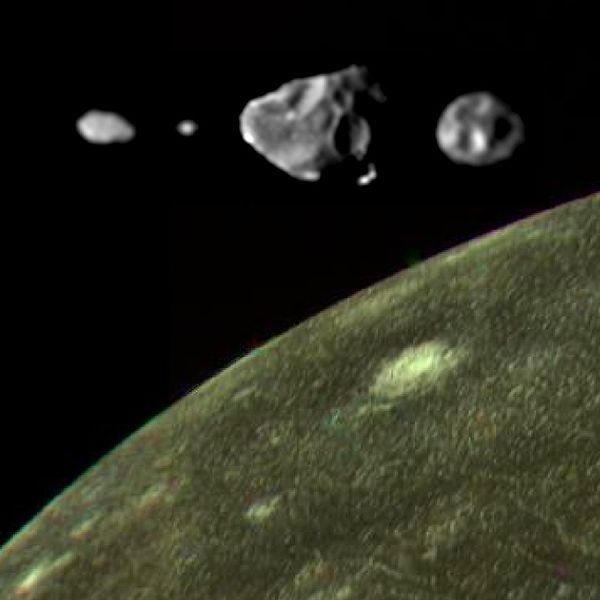
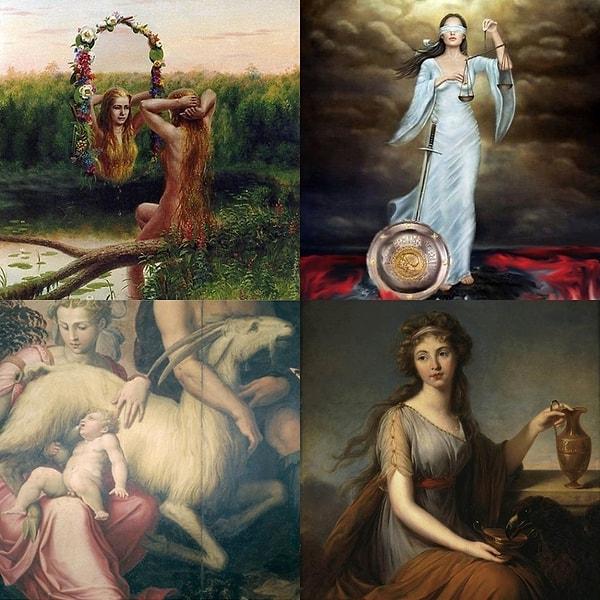
Metis means 'cleverness.' Zeus was told that a son from Metis would destroy him, so he swallowed her up to prevent such a possiblity.
Andrastea is Zeus's and Ananke's daughter, the goddess of unalterable necessity. Known to the Romans as 'Nemesis.'
Thebe is Zeus's daughter by a Boeotian nymph named Iodame; in other stories, a lover of Zeus.
18. Jupiter's 5th moon is Io and she is the daughter of the goddess Inakhos.
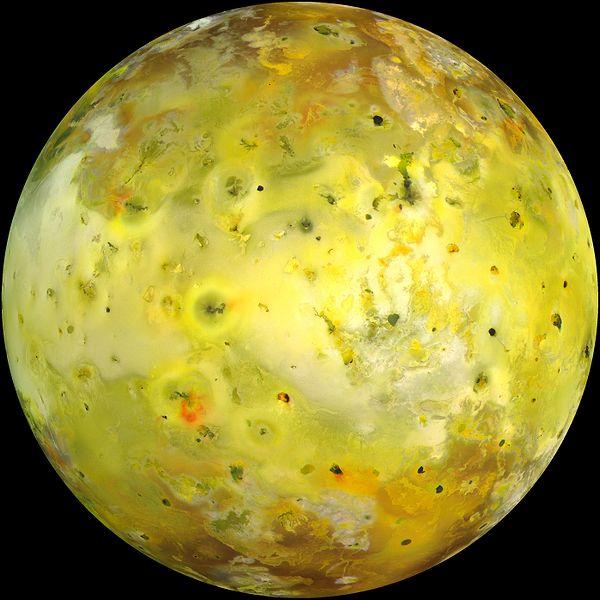

Zeus turned her into a white heifer to hide her from Hera, his jealous wife, but was discovered and relentlessly tormented with a gadfly--an ancestor of Heracles.
19. Jupiter's 6th moon is Europa and gets its name from the princess who was held captive on Crete Island.
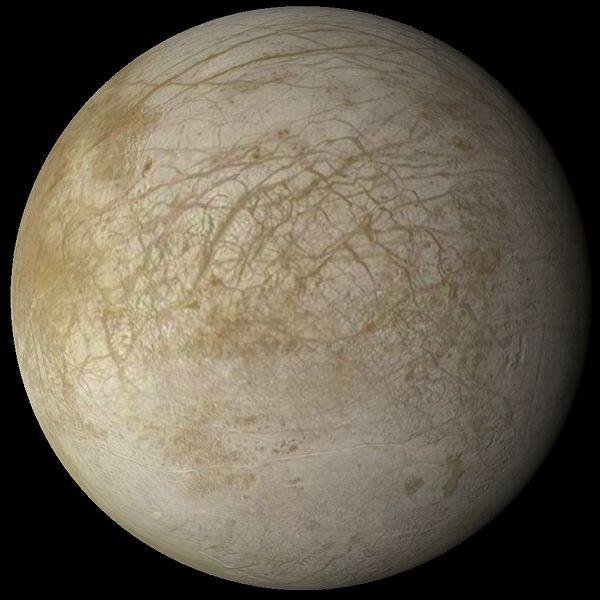
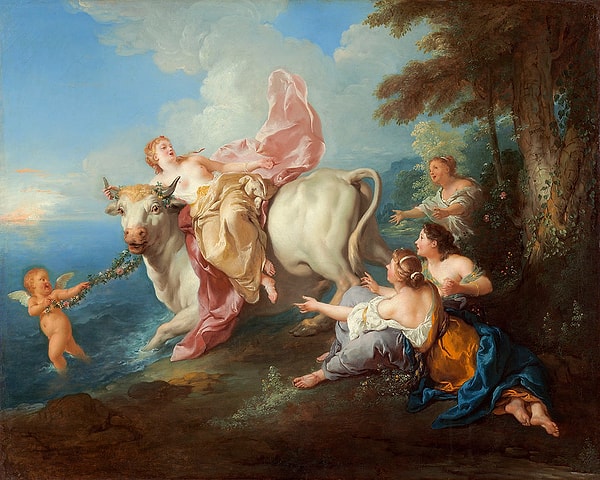
Europa is seduced by Zeus in the form of a handsome bull, who then carried her off over the sea to Crete. The story is that she eventually populated the country and is where we get 'Europe.'
20. Jupiter's 7th moon Ganymede is a handsome young mortal man whom Zeus abducted to serve as his cupbearer, superceding Hebe, his daughter by Hera.


21. Jupiter's 8th moon Callisto takes its name from a nymph
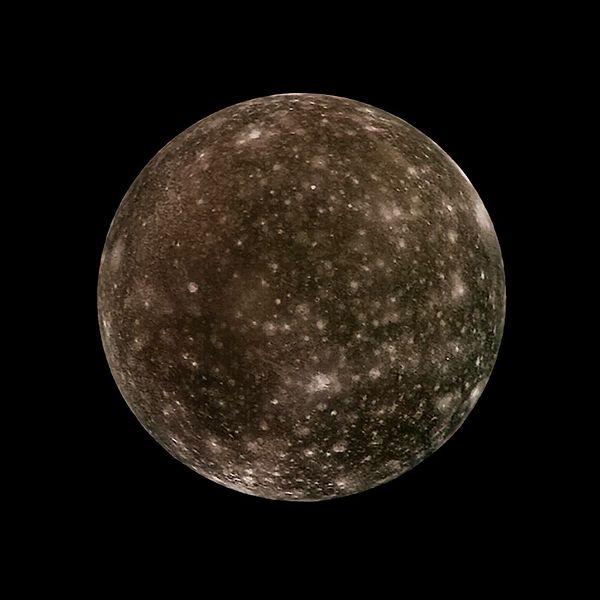

Callisto is another unfortunate lover of Zeus, and was transformed by Hera into a bear along with her son. To make up for it, Zeus placed them in the sky to become Ursa Major (Big Dipper) and Ursa Minor (Little Dipper).
22. Last but not least, our favourite planet: The Earth!
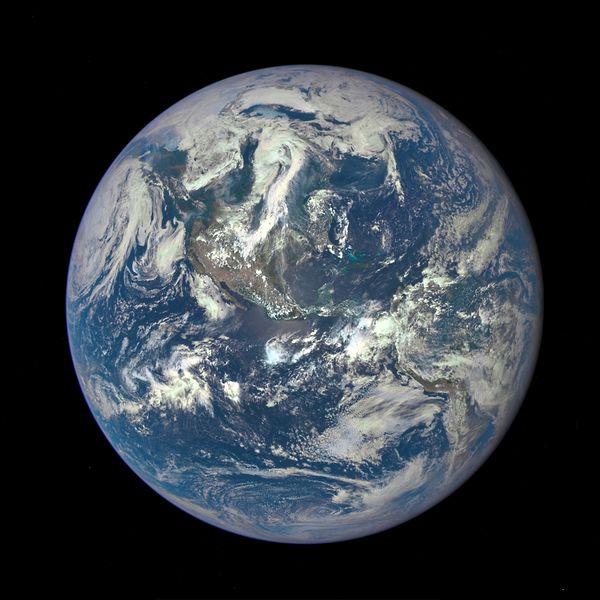
The modern English word and name for our planet ‘Earth’ is said to go back at least 1,000 years. Just as the English language evolved from ‘Anglo-Saxon’ (English-German) with the migration of certain Germanic tribes from the continent to Britain in the fifth century A.D, the word ‘Earth’ came from the Anglo-Saxon word ‘erda’ and it’s germanic equivalent ‘erde’ which means ground or soil. In Old English, the word became ‘eor(th)e’ or ‘ertha ‘. There is speculation that the origins of the word may be from an Indo-European language base ‘er’ which produced more modern adaptations of the word used in languages today. What is certain though is of all the Planet’s names, Earth is the only one in our solar system that does not come from Greco-Roman mythology. All of the other planets were named after Greek and Roman gods and goddesses.
Keşfet ile ziyaret ettiğin tüm kategorileri tek akışta gör!


Send Comment